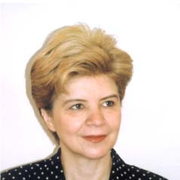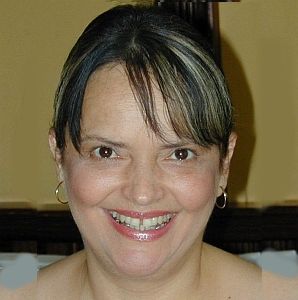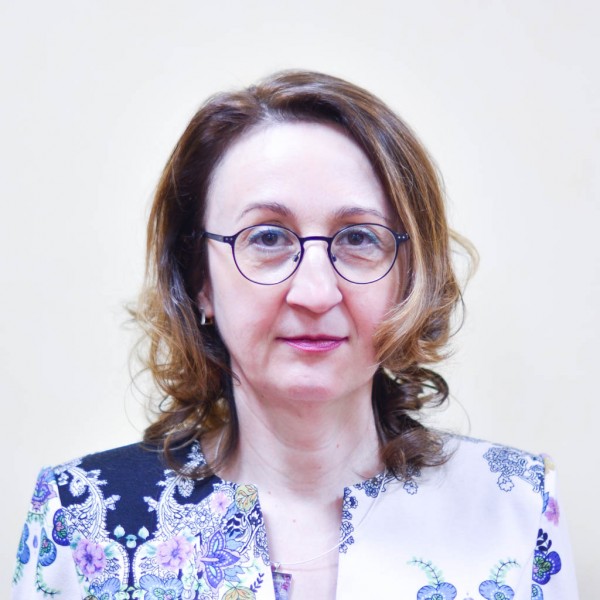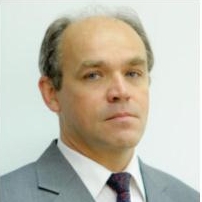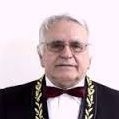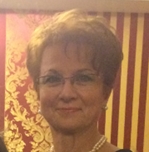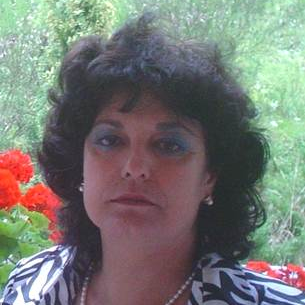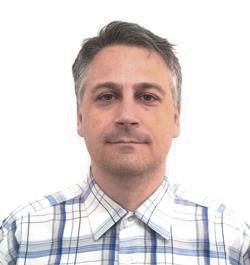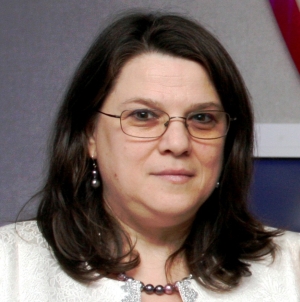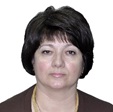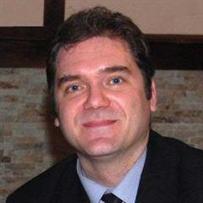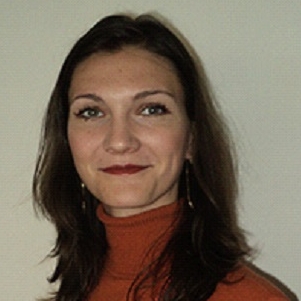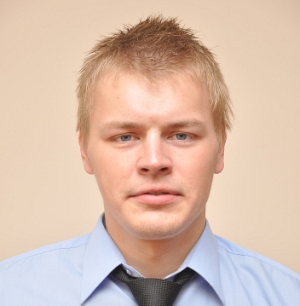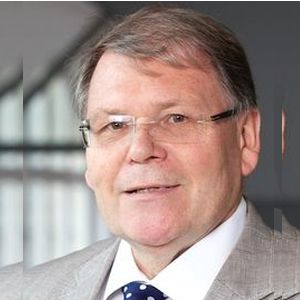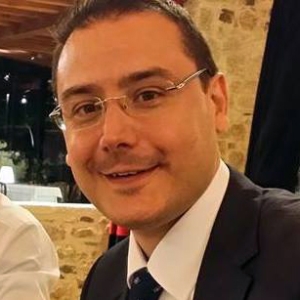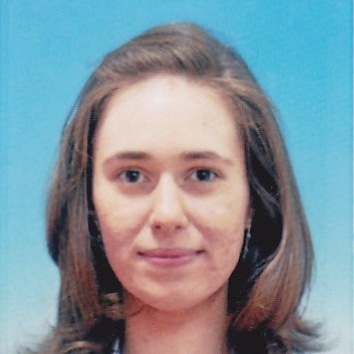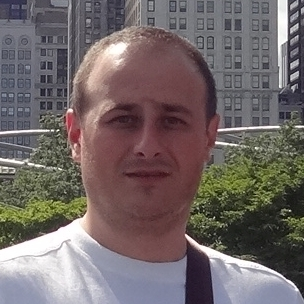All about Master Program ISE
Master Program "Structural Engineering taught in English - ISLE - " is a modern / interdisciplinary study program offered at the Faculty of Civil Engineering since 2005-2006, being the first graduate program of Master taught in English in field of Civil Engineering from Romania.
Study program ISLE is designed to offer expertise in designing structures for building and construction project management of civil engineering including disciplines-oriented towards modeling, finite element analysis FEA, using powerful software and current which assess the response of building structures of different classes:
The program gives additional abilities on:
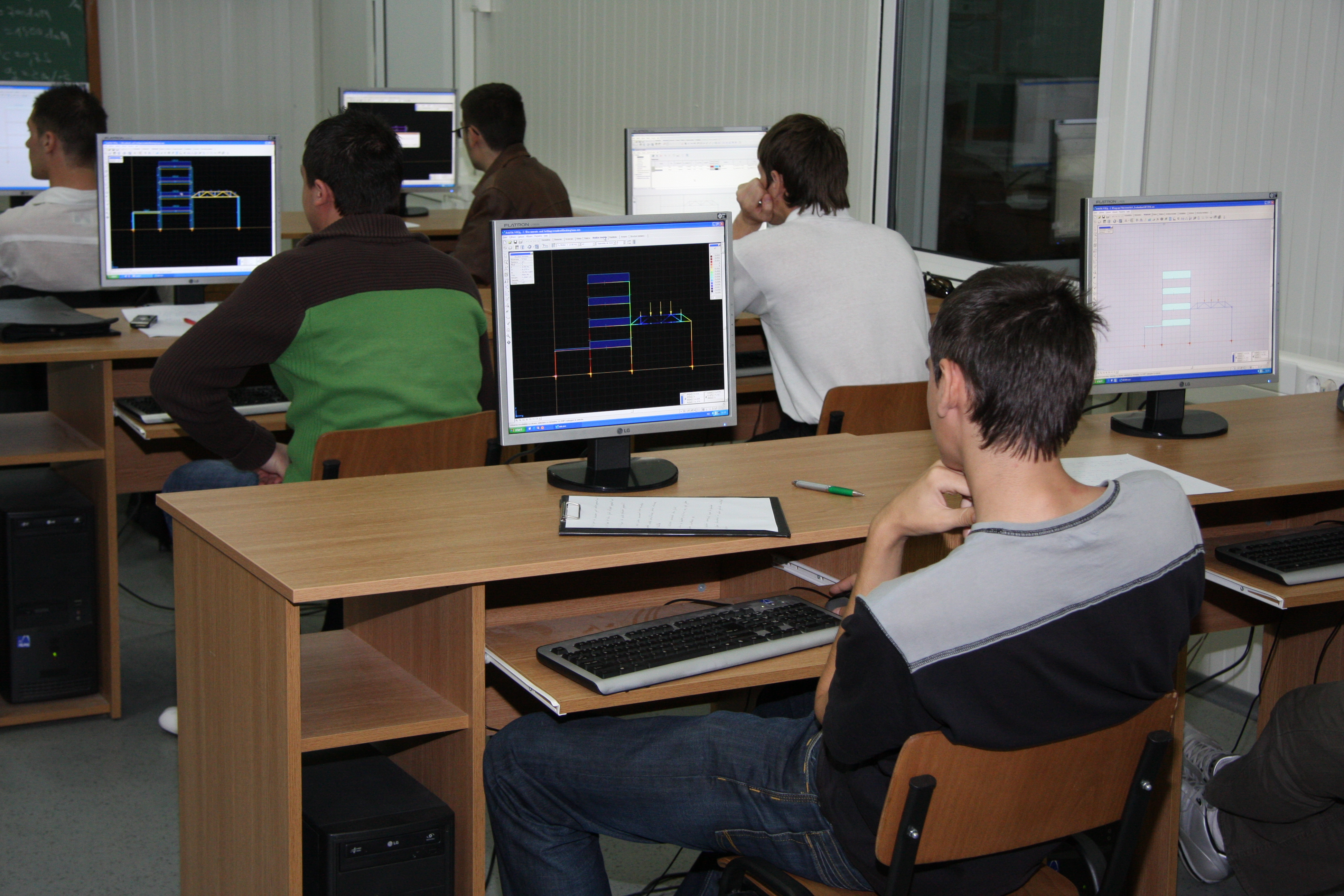
An initiative of the Faculty of Civil Engineering for master study with teaching in english.
Numerical simulations based on realistic computational models in conjunction with experimental verification are becoming indispensible tools for advanced computer-aided engineering design.
There is an increasing demand for engineers with a high level of education in Civil Engineering. Graduates of this Master of Science Programme will find a broad spectrum of challenging career opportunities in industrial research and development, at academic laboratories and universities as well as in advanced engineering consultancy.
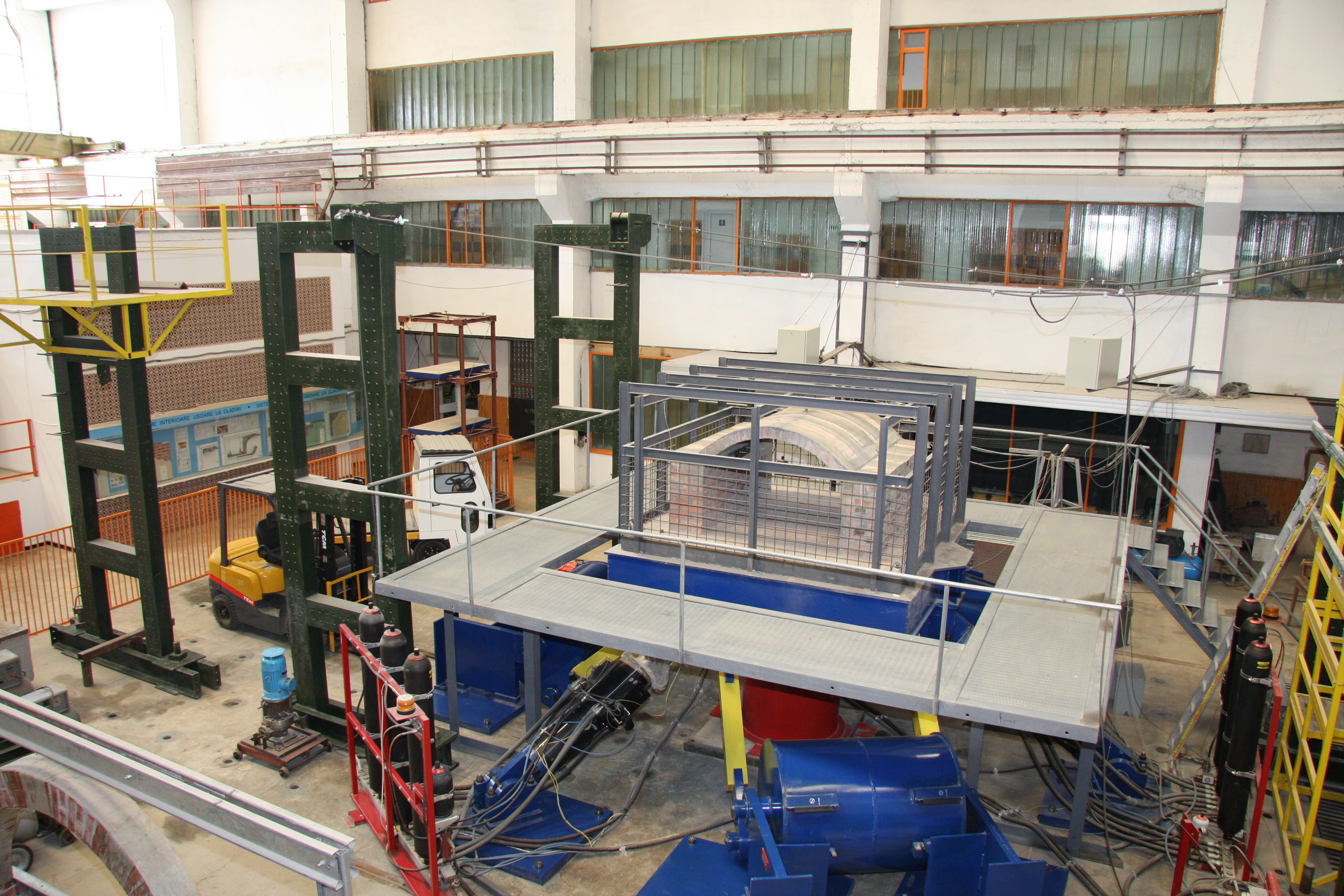
The dynamically developed field Civil Engineering is of increasing the importance of study:
- Advanced modeling in Structural Engineering
- Computational Structural Engineering
- Advanced Finite Analysis of Structures
- Computational Methods in Materials Science
- Advanced Structural Dynamics and Earthquake Engineering
- Computational plasticity and damage mechanics
- Computational environmental and geotechnical engineering
- IT based Effective Project Management
It provides an attractive state-of-the-art engineering programme of 2 years (4 semesters).
All lectures and seminars are delivered in English.
Examples of Dissertation Thesis
Influence of Infill Walls Made of Lightweight or Rubberized Concrete on the Dynamic Properties of a Reinforced Concrete Structure
NANOU G. LAMPRINI, 2015
Investigation on Repair and Strengthening Techniques for Damaged Reinforced Concrete Elements
NANOU G. MARIANNA, 2015
Design approach of the infrastructures works for bridge structures
MAFTEI MIHAELA-RODICA, 2015
Nonlinear analysis of stayed masts according to Eurocode 3 and British Standard BS8100
MIRON A. MARIUS ANDREI, 2015
Triple towers design by using semi-active control
UNGUREANU DRAGOS, 2015
Design and optimization of a wind turbine reinforced concrete foundation
LAZAR GHEORGHE, 2015
Influence of the infill walls in the seismic response of medium rise RC frame structure
MOROSAN ANDREI DRAGOS, 2015
Applications & development of precast concrete elements in civil engineering
PARASCHIV MARIUS CIPRIAN, 2015
Modelling, Analysis and Design of hospital structure located in Libanon
ZAKHEM CHADI, 2015
Management of Ismailia twin road tunnel construction-design and building process
PAVEL FLORIN, 2016
